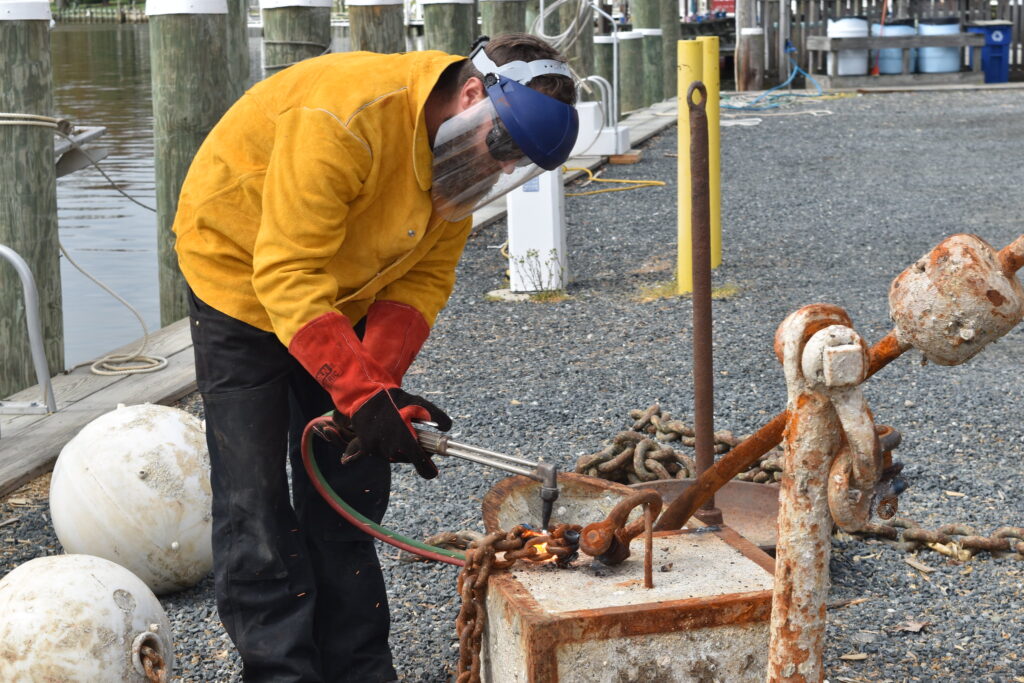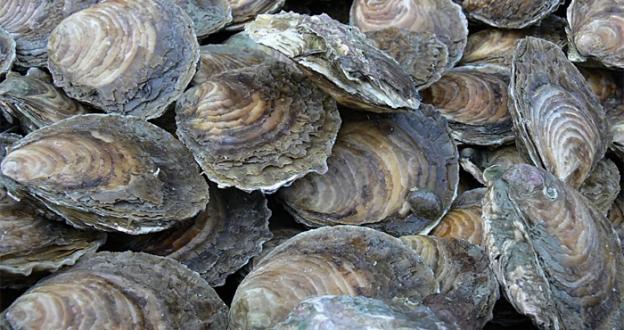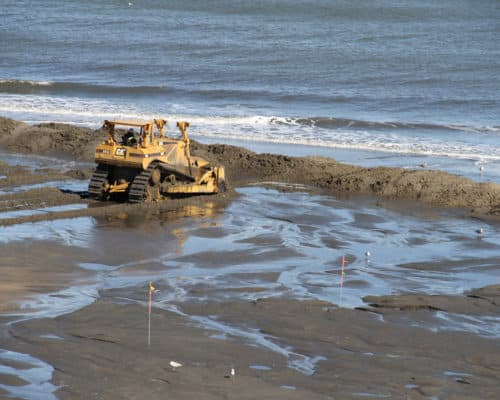The Chesapeake Bay Maritime Museum and Chesapeake College are teaming up to offer classes they hope will inspire a new crop of marine tradesmen—at a time when labor is hard for boatbuilders and repair shops to find.
Chesapeake College, in Queen Anne’s County, Maryland, and the maritime museum in St. Michaels will offer a three-day introduction to marine welding. The program is led by Chesapeake College’s Director of Welding & Fabrication, Christian Benefiel.
Over three days this month, (March 22-24), the course will introduce and explore marine welding processes. Participants will learn the tricky environmental and process-based challenges of welding in a marine environment. Over the long weekend, they’ll learn the basics of two different welding processes. Running Friday night through Sunday afternoon, the first of the three classes will be at the Chesapeake Bay Maritime Museum’s Shipyard before participants complete two full days of instruction (9am-4pm) at Chesapeake College’s campus in Wye Mills.
The welding program will examine different ferrous and non-ferrous metals, with a focus on steel, stainless steel, aluminum, and copper-based alloy, and highlight the galvanic scale and degradation of metals above and below the waterline. (That last topic will be familiar to anyone who has had a boat on the Chesapeake for longer than about 30 days!)
The maritime industry, particularly in the Chesapeake Bay area, is facing a significant challenge: a labor shortage that’s putting the vital marine trades in troubled waters. Then, in a trickle-down effect, the shortage disrupts the operations of marinas and boatyards, crucial nodes in the economic and recreational life of the Chesapeake Bay region. The scarcity of skilled workers—ranging from boatbuilders and repair technicians to marina operators—stems from a combination of factors including an aging workforce, a lack of training programs, and a general undervaluing of trade careers among younger generations.
This shortage is particularly acute on the Chesapeake Bay, a hub for maritime activity, where the demand for marine services outstrips the supply of qualified labor. Amidst this stormy sea, however, there are initiatives like this one aimed at revitalizing interest and competency in marine trades. These efforts are beginning to make headway. By investing in education, training, and awareness campaigns, the industry hopes to grow its workforce.
The welding program is a place to start. The cost is $795 (discounts available for CBMM members) and is intended for folks 17 years old and older. There is no experience required to participate in this program. For more information, contact Eric Detweiler at the Chesapeake Bay Maritime Museum, 410-310-0607, edetweiler@cbmm.org. The course name for this session is WEL: Special Topics–Marine Welding Processes.




